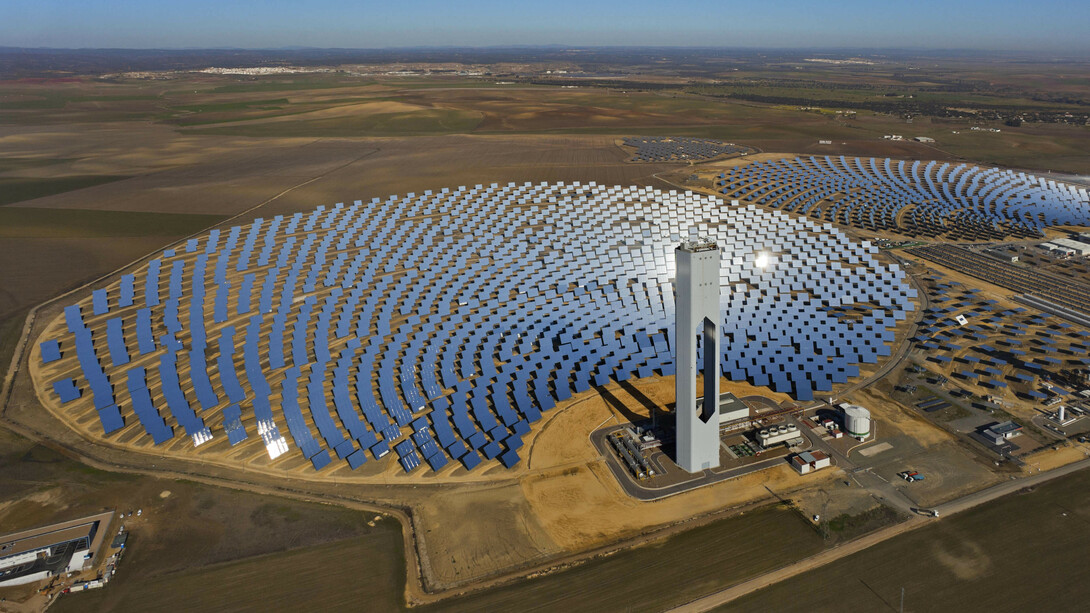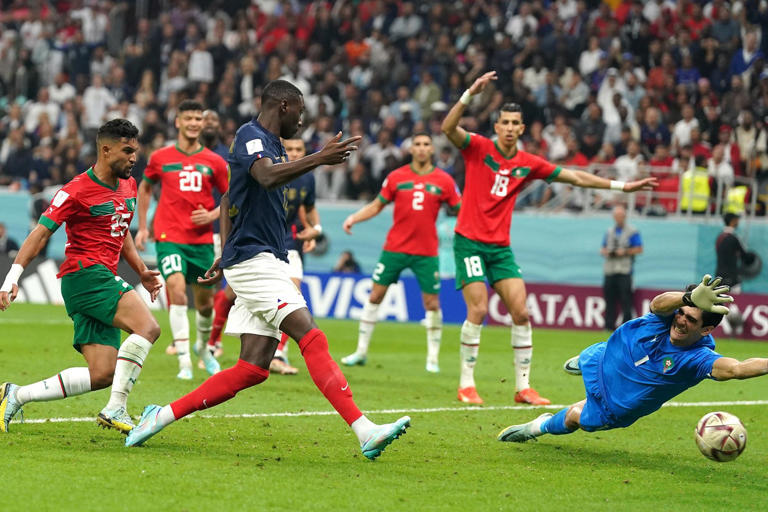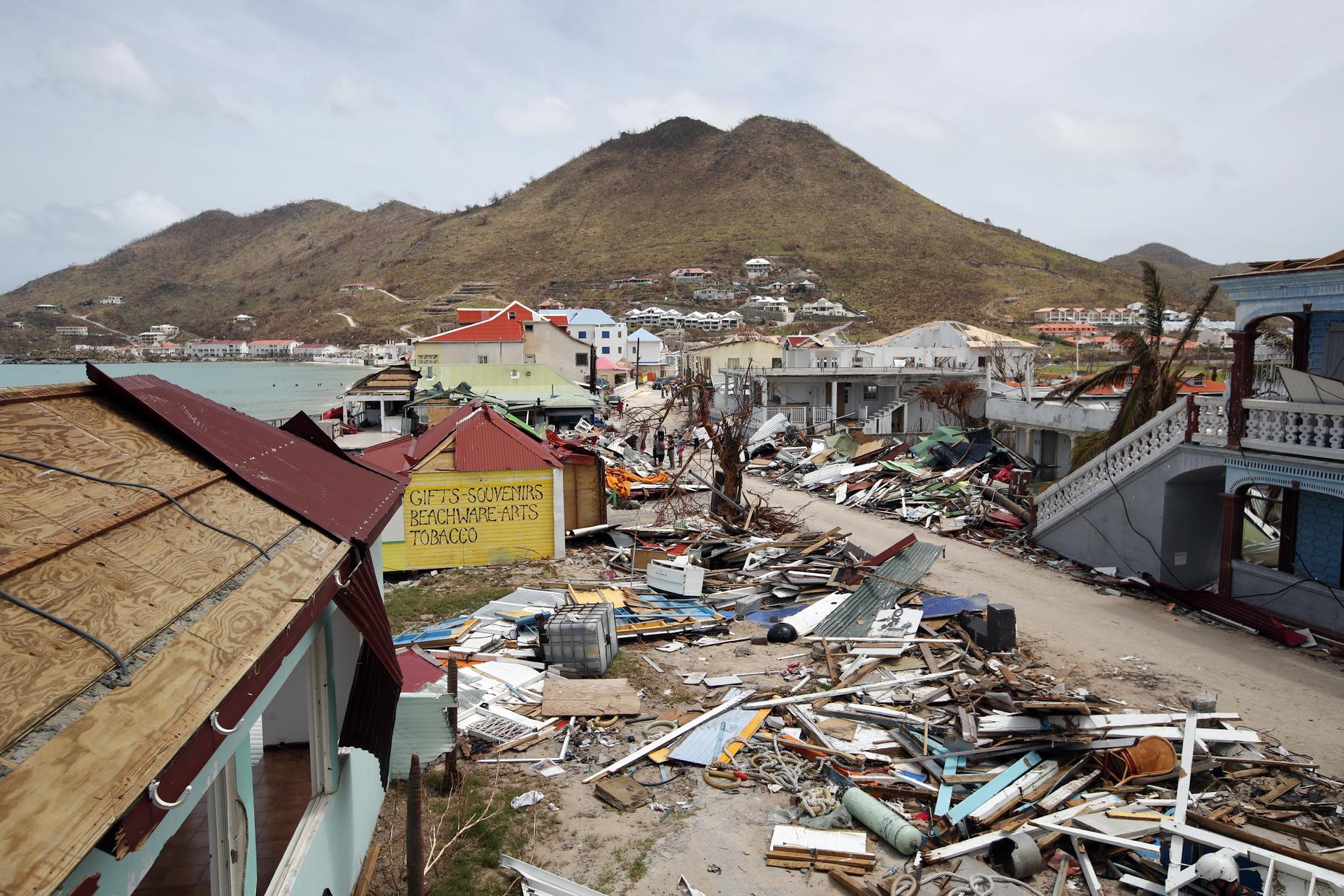Morocco’s trade minister says his country could, in theory, keep half of Europe’s lights on.
With vast solar fields and powerful Atlantic winds, the North African kingdom claims it has the potential to generate as much as 1,600 terawatt-hours of electricity, roughly half of the European Union’s annual consumption.
“Whether through solar, wind, onshore or offshore energy, Morocco has the ability to supply some 50 percent of the electricity needed by Europe, and at competitive prices,” Ryad Mezzour, the minister of industry and trade, told the Italian journal La Verità this week.
Foreign investors, he said, are already scrambling to stake claims on Morocco’s sunniest and windiest terrain, with 40 hydrogen project proposals awaiting review.
Morocco, the only African country with an existing power cable link to Europe via Spain, has no shortage of flagship examples.
The Noor Ouarzazate Solar Complex, the world’s largest concentrated solar power facility, produces enough electricity to supply more than a million people, a $3.9 billion investment that has become a symbol of Morocco’s green ambitions.
More recently, the Draa-Tafilalet project has begun rolling out a 400-megawatt network of solar plants in the southeast, part of a broader plan to source 52 percent of electricity from renewables by 2030.
The country has also launched a “Power Export” strategy aimed at selling not only electricity but also green hydrogen to European markets.
At home, officials stress that renewables will do more than fuel exports. Mezzour has argued that clean energy will guarantee drinking water for the population and cover 80 percent of agricultural needs by 2030, regardless of rainfall.
He has urged industries to switch rapidly to green electricity, insisting renewable power is cheaper than fossil fuels, a crucial advantage for a country that imports all of its oil and gas.
“It is therefore in our interest to ensure that our entire industry switches to renewable energy production as quickly as possible,” said the minister.
Yet energy analysts point out that Morocco’s claimed potential is worlds apart from present capabilities.
“Morocco has huge potential in green electricity, which is true. But Europe will not rely on a single country for half its power, this is technical and geopolitical,” Moroccan energy expert El Mostapha Jamea, told The New Arab.
Morocco currently produces just 42 terawatt-hours, a fraction of its 1,600 terawatt-hour ambitions.
Technical, security, and political factors all suggest Europe would not depend on Morocco alone, no matter the resources, according to the expert.
Despite Morocco’s generally strong ties with the EU, there have been tensions in the past.
The bloc already depends heavily on the North African country’s agricultural exports and migration agreements; handing Rabat control over electricity supplies could give it too much leverage.
The fate of past initiatives, such as the Desertec project, which once imagined North Africa and the Middle East’s deserts powering Europe, shows how cost and political risk can undermine such projects.
While power interconnections already exist between Spain and Morocco, and new ones are planned between Italy and Tunisia, the idea of Europe relying on Moroccan wind and solar energy on such a scale remains “unlikely.”
The challenges, however, are not just political.
Expanding Morocco’s grid to a European scale would require unprecedented investment in infrastructure, storage, and transmission.
Even if costs fall, Europe’s own priorities present a barrier.
The EU has been clear: they want first to exploit their own renewable resources, and then, if needed, complement with imports. “This makes sense. In countries like Germany, on sunny days, they already generate more green electricity than they need,” Jamea explained.
Still, Morocco’s bold claims serve a purpose.
“It opens the eyes to the great potential Morocco has,” insisted the Moroccan expert. “But for now, maybe let’s forget about Europe […] What Morocco should do is accelerate its own energy transition and aim to source all of its electricity from green projects. That would be very attractive economically.”




